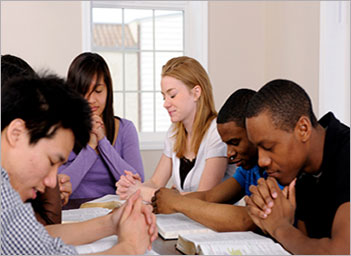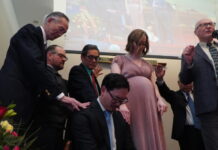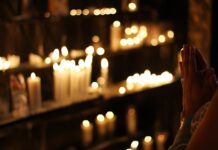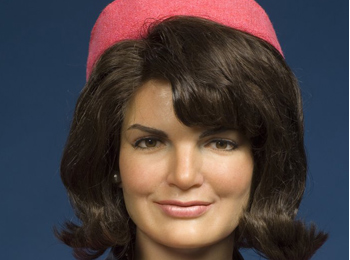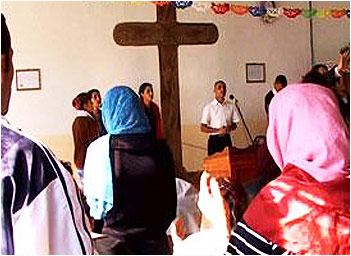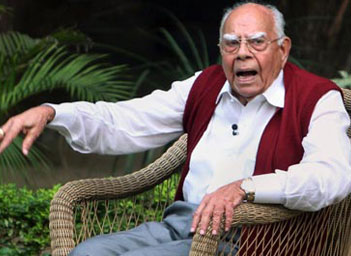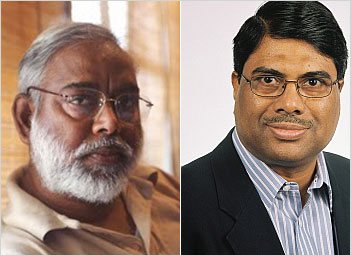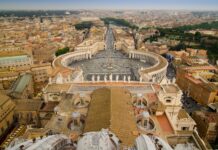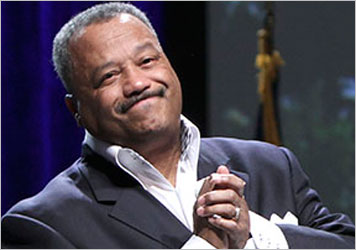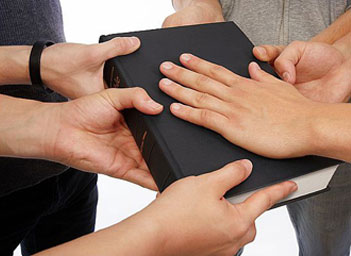THOUGH the Church stands for the body of Christ where every tongue and every tribe will congregate, the reality in the US is different.
According to a pastor-turned professor, only seven to eight percent of American congregations are integrated.
From a biblical standpoint, this is unacceptable, said Soong-Chan Rah, author of ‘Many Colors: Cultural Intelligence for a Changing Culture’ to a US-based Christian publication.
The churches should take the lead in forming multiethnic communities, he told the Christian Post recently.
“We are not doing this multicultural ministry simply because it is a politically correct thing to do, or because it is something other people are doing, or [because of] pressure from society,” stressed Rah, who is the Milton B. Engebretson associate professor of church growth and evangelism at North Park Theological Seminary in Chicago.
“We really need to do this out of a deep, biblical, theological motivation. We do this because we want to see God at work in our churches,” he said. “That is why it is so important for us to see culture not from a secular, humanistic perspective, but from a biblical theological perspective.”
According to Rah, the Bible teaches that all of humanity is created in the image of God and have a likeness to God. But at the same time, humans have a fallen nature due to sin. Similarly, culture has the capacity to reflect the image of God but is also vulnerable to be influenced by the fallen world.
“Cultures, therefore, are not inherently evil, but rather are an expression by fallen humanity to live into the high calling of the Imago Dei,” writes Rah. “We need not view culture with an ‘all bad’ perspective, but instead as a sincere, albeit fallen, attempt to reflect God’s image through the process of creativity.”
Rah said America is going through the most rapid demographic shift in its history and by 2050, white Americans are expected to no longer comprise the majority of the population.
Nevertheless, evangelical Christianity is still dominated by white culture and leadership, he pointed out. Rah hopes his book will be a resource to equip evangelicals for ministry and outreach in a growing multiethnic nation.
“When we are dealing with cross-cultural and multicultural ministry, it is important to see God at work in all cultures, not just one,” writes Rah. “Understanding the implication of missio Dei means that we acknowledge the power of God to work in all cultures.”
He founded Cambridge Community Fellowship Church, a multiethnic, urban ministry-focused church in Massachusetts.



